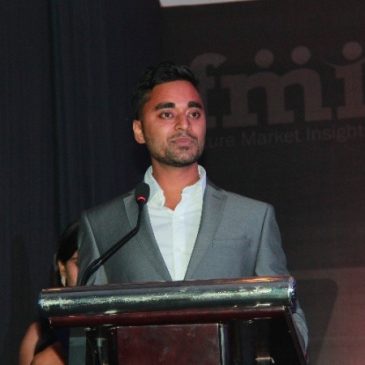How Can the Government Bring Inflation Under Control or Slow it Down?
At Market.us News, we strive to bring you the most accurate and up-to-date information by utilizing a variety of resources, including paid and free sources, primary research, and phone interviews. Our data is available to the public free of charge, and we encourage you to use it to inform your personal or business decisions. If you choose to republish our data on your own website, we simply ask that you provide a proper citation or link back to the respective page on Market.us News. We appreciate your support and look forward to continuing to provide valuable insights for our audience.
When the economy expands due to rising costs other than those related to the production of goods and services, this is referred to as inflation. When this happens, prices rise and the amount of money in the economy falls. Money can no longer purchase as much as it once could.
According to experts, the key cause fueling inflation is the economy’s high demand for consumers combined with insufficient supply. Prices are also rising as a result of the Ukrainian conflict, particularly for energy and food.
Factors driving inflation
Consumers generally spend the majority of their money on services but demand changes to commodities during times of violence. Consumers have a lot of money in their bank accounts, cheap interest rates on stable stock charges, and a lot of money they’ve saved due to the fact they didn’t spend a lot of money by way of 2020, which has turned inflation into a shockingly strong demand. Because of government spending, inflation in the United States was higher than in other industrialized countries.
The US government placed a large demand on the economy, most notably in early 2021 with the American rescue plan, which gave everyone $ 1,400. And, with the benefit of hindsight, they most likely put a lot of money in the wallets of those who want to spend it, but the economic supply side cannot keep up with the quick growth in demand resulting from both financial incentives and people’s growing optimism about the pandemic.
Some experts agree that incentives can contribute to inflation, but they don’t believe that over-the-counter bills are to blame. In times of violence, the US government has provided citizens with three rounds of checks as an economic resource in the hopes of reviving the economy. Russia’s invasion of Ukraine raises fuel “roofs” and raises concerns about harvests going out of Ukraine, which is a major wheat producer worldwide. There’s a real issue that a lot of people aren’t investing in or won’t be able to export, and there’s been a dramatic increase in the price of wheat and the value of some agricultural items in the last two months or so since the war.
What can the government do?
With rising consumer demand as a significant reason for inflation, specialists say there’s no abundant the govt. will do to fight inflation, however, they agree that the Fed has to be compelled to improve interest prices.
“The necessary issue is for the fed to boost interest rates and begin promoting a product. which can calm down economic demand, slower economic process, and inflation serving to scale back oil costs, if the govt. commits itself to supporting the oil marketplace in how, got to encouraging oil agencies, that had been hit with the help of oil costs in 2014, to boom production quicker.
The Biden commitment management is that if oil prices fall below a definite degree, the govt. can get barrels to reset the target, and support oil prices.
Wessel steered that Biden’s management might also reverse prices within the trump administration, which might lower import charges, boost taxes, or scale back defrayal to get rid of the requirement for the financial set-up.

Anurag Sharma
He has been helping in business of varied scales, with key strategic decisions. He is a specialist in healthcare, medical devices, and life-science, and has accurately predicted the trends in the market. Anurag is a fervent traveller, and is passionate in exploring untouched places and locations. In his free time, he loves to introspect and plan ahead.
Latest from Author
- “After years of tension, Israel and Lebanon agree to historic deal”
- Ales Bialiatski, Russia’s Memorial and Ukraine’s Center for Civil Liberties win Nobel Peace Prize 2022
- We have listened : UK drops income tax cut for highest earners
- Rupee drops to 81.89 dollars
- ‘Cannibal’ Eruptions From the Sun May Possibly Disrupt GPS Systems This Week